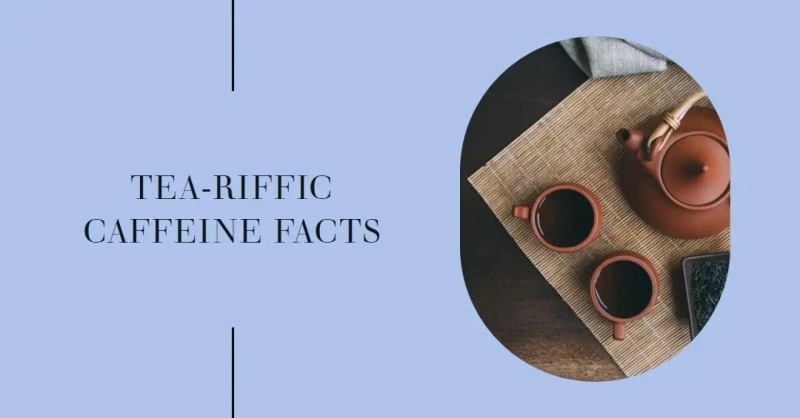English Breakfast tea is a popular choice for many tea enthusiasts. Known for its robust flavor and invigorating properties, it’s a staple in many households. However, an essential question arises for many tea drinkers: How much caffeine does English Breakfast tea have? Understanding the caffeine content is crucial for those who monitor their caffeine intake for health reasons or personal preference. In this comprehensive guide, we\'ll delve into the caffeine content of English Breakfast tea, compare it to other beverages, and discuss factors that influence its caffeine levels.
Defining English Breakfast Tea
Origin and Composition
English Breakfast tea is a traditional blend that typically includes black teas from Assam, Ceylon, and Kenya. The blend is known for its strong, full-bodied flavor, which pairs well with milk and sugar. Its robust profile makes it a perfect morning beverage, providing a substantial energy boost to start the day.
Black Tea and Caffeine
As a black tea blend, English Breakfast tea naturally contains caffeine. Black tea leaves undergo a full oxidation process, which not only contributes to their rich flavor but also impacts their caffeine content.
Caffeine Content in English Breakfast Tea
General Caffeine Levels
On average, an 8-ounce cup of English Breakfast tea contains approximately 40-70 milligrams of caffeine. This range can vary depending on several factors, such as the specific blend, the brand, and the brewing method.
Comparing with Other Beverages
To put this into perspective, a standard cup of coffee contains about 95 milligrams of caffeine, making English Breakfast tea a milder option in terms of caffeine content. In comparison to green tea, which has around 20-45 milligrams per cup, English Breakfast tea falls somewhere in the middle.
Factors Influencing Caffeine Content
Tea Leaves and Blending
The type of tea leaves used and their blend significantly influence the caffeine content. Teas from different regions and plantations have varying caffeine levels. For instance, Assam tea, often a component of English Breakfast blends, is known for its higher caffeine content.
Brewing Time and Temperature
The caffeine content can also be affected by how the tea is brewed. Steeping the tea for longer periods or at higher temperatures can increase the caffeine concentration in the final cup. A typical recommendation is to steep English Breakfast tea for 3-5 minutes in boiling water.
Tea Bag vs. Loose Leaf
Whether you use tea bags or loose leaf tea can also impact caffeine levels. Loose leaf tea generally allows for more robust extraction of caffeine compared to tea bags, which may contain smaller, broken tea leaves with less surface area.
Health Implications of Caffeine in English Breakfast Tea
Moderate Caffeine Intake
For most people, moderate caffeine consumption is safe and can even have several health benefits, such as improved mental alertness and reduced fatigue. The caffeine content in English Breakfast tea is typically well-tolerated and provides a gentle energy boost without the jitters often associated with coffee.
Considerations for Sensitive Individuals
However, individuals sensitive to caffeine may experience side effects such as insomnia, restlessness, or increased heart rate. It\'s important for these individuals to monitor their intake and possibly opt for a shorter brewing time to reduce caffeine levels.
Decaffeinated Options
For those looking to enjoy English Breakfast tea without the caffeine, decaffeinated versions are available. These retain the characteristic flavor of the blend while significantly reducing the caffeine content to about 2-5 milligrams per cup.
Conclusion
Understanding the caffeine content of English Breakfast tea is essential for making informed choices about your beverage consumption. With approximately 40-70 milligrams of caffeine per 8-ounce cup, it offers a balanced amount that can provide a pleasant energy boost without overwhelming your system. Various factors, including the type of tea leaves, brewing method, and whether you use tea bags or loose leaf, can influence the exact caffeine content.



